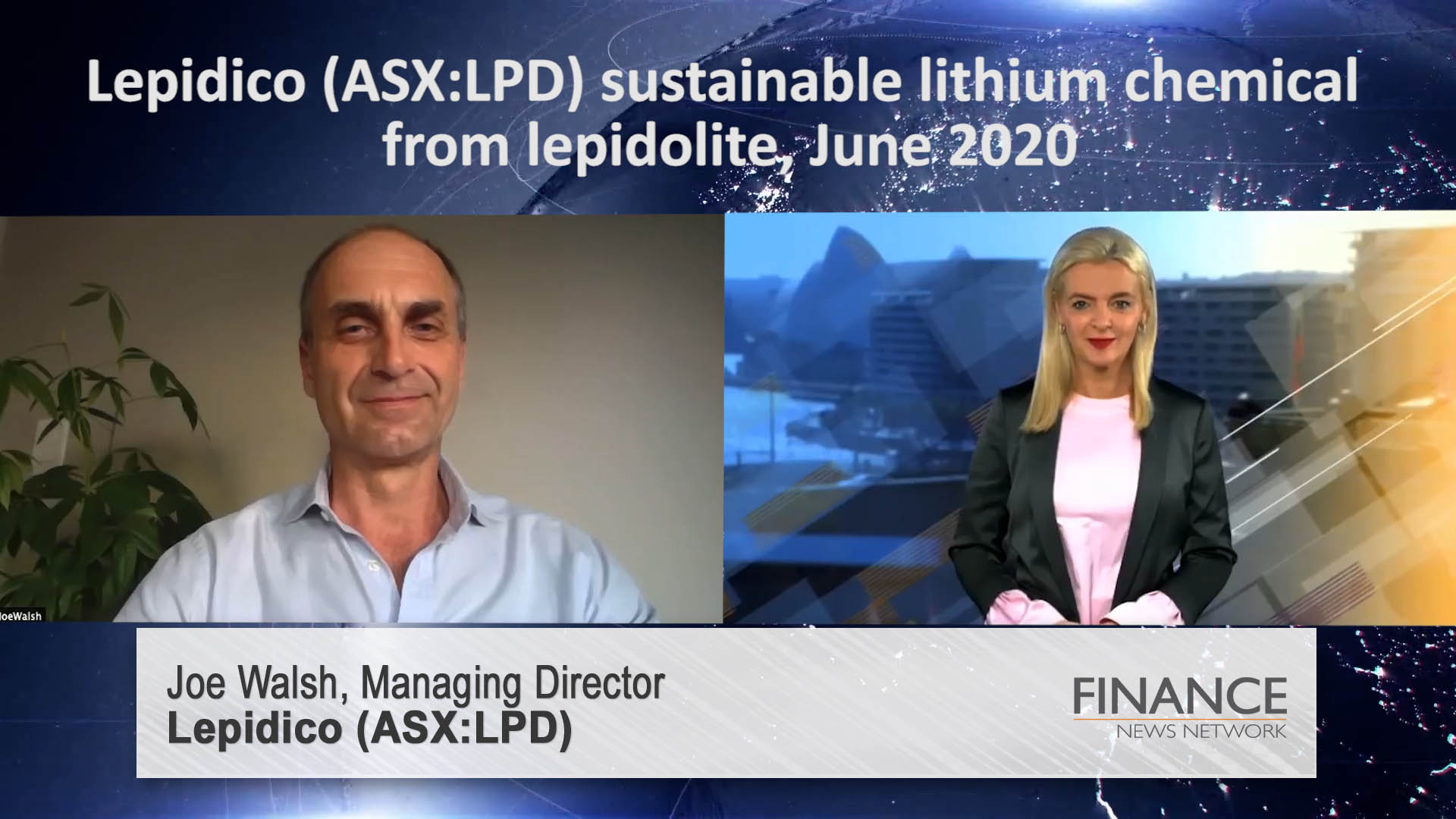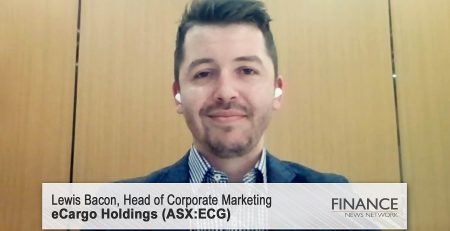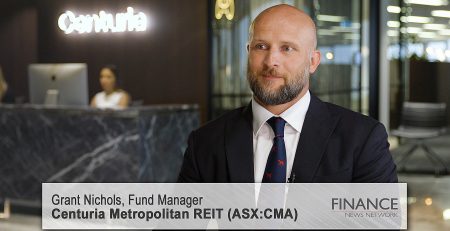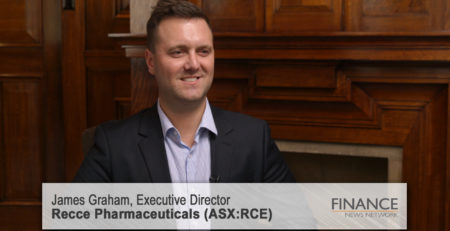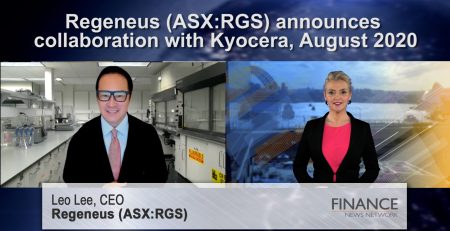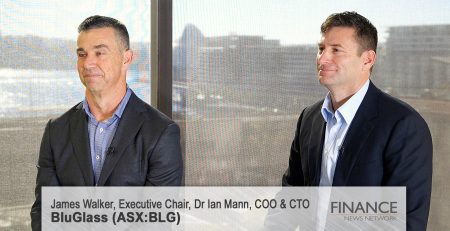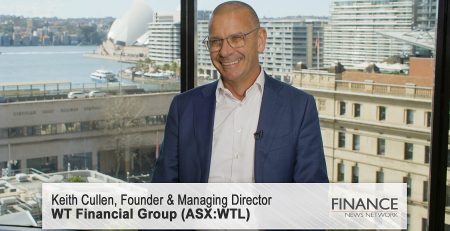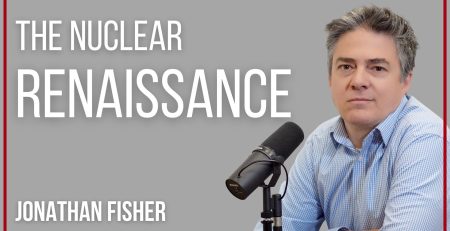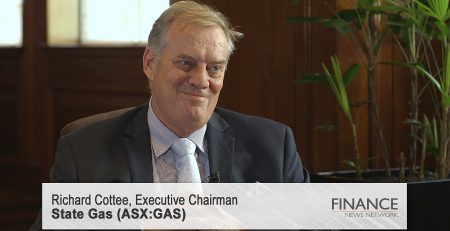Lepidico (ASX:LPD) sustainable lithium chemical from lepidolite
Lepidico Limited (ASX:LPD) Managing Director, Joe Walsh provides an update on the company's plans to transition its Phase 1 Project to development following the recent completion of a Definitive Feasibility Study for the redevelopment of two mines in Namibia and a chemical conversion plant in Abu Dhabi that employs Lepidico’s proprietary process technologies.
Rachael Jones: Hello, I'm Rachael Jones for the Finance News Network. Joining me from Lepidico today is managing director Joe Walsh. Joe, welcome back to the network.
Joe Walsh: Good morning, Rachael.
Rachael Jones: Morning. Now, first up, Joe, can you remind us about Lepidico, the corporate strategy and your clean tech extraction processes?
Joe Walsh: Yes. Thank you Rachael. Lepidico is differentiated by its proprietary technologies, L-Max and Lomax, and they allow us to treat nontraditional lithium bearing minerals, like Lepidolite, to produce high value, lithium chemicals and a variety of byproducts. So we're in the process of building a vertically integrated lithium business, and we've just completed our first feasibility study.Rachael Jones: Excellent. Thanks Joe. And now you have released those key results from your phase one plant feasibility study. Can you tell us more about that, starting with the Karibib lithium and gold precinct?Joe Walsh: Yes. So last year we acquired the Karibib project in Namibia. We started off by drilling that quite aggressively two get our first measured and indicated mineral resource, which we announced at the beginning of this year. And then with the completion of the feasibility study, we've just announced our first all reserve estimates. So that's a major milestone for the company and the development plan at Karibib is to redevelop two existing mines, which are currently dormant. So we'll redevelop those and mine them for Lepidolite, which will then be processed in a new, small scale concentrator.
Rachael Jones: And can you talk me through the key results of the phase one plant?
Joe Walsh: So, the project is integrated between the mines and concentrator in Namibia, and we'll then export a mineral concentrate to the chemical plant, which is planned to be built in Abu Dhabi. And so that's what we call our integrated projects. The economics for that from the feasibility study are looking very attractive. We got an internal rate of return of over 30% and a net present value at an 8% discount rate of just over $220 million.
Rachael Jones: Excellent. Thanks Joe. And like a lot of companies you've recently completed a capital raising. How much did you raise and why did you decide to do that now?
Joe Walsh: Yeah, it was a strategic decision to raise that capital. It's obviously been a bit of a challenging year for a lot of companies with the pandemic, and where it's still unclear how that is manifesting itself through the lithium market and the battery materials markets. So we felt that it was important to get a bit more working capital into the business. And we went to our existing shareholders who provided us with fabulous support over the years. And we ended up with an entitlements offer, which again was oversubscribed. So we were very well supported by our shareholders.
Rachael Jones: And your project has excellent environmental and social credentials. Can you tell us about these?
Joe Walsh: Yes, it's a very important point for the project. So it's the process that we use in the chemical plant is purely a hydro metallurgical process. So there's no high temperature process steps in there, like is common for spodumene processing, so it's not that energy intensive. And so, the full project actually has a relatively low carbon footprint versus other similar projects treating other minerals. As I mentioned earlier, the mines in Namibia, are brownfield developments. So we're looking at using the existing footprints there as much as possible to reduce land disturbance. We'll be creating about 115 new jobs in Namibia and close to 120 new jobs in Abu Dhabi. And the products that we're making are all products that can be used in electric vehicles, in batteries, or they're in high tech chemicals. So they're very much 21st century products.
Rachael Jones: Excellent. That's great news, onto the last question now, Joe, is there anything else you'd like to add?
Joe Walsh: Yeah, the project also sits very favorably on the cost curve. So we have very competitive operating costs for the integrated project. And that capital intensity is at the low end of the scale for similar type of projects at around 17 to $18,000 a time. So all in all the project has excellent economic credentials and social credentials, and obviously the important environmental elements. And finally, I'd just like to thank our shareholders for their support in the recent capital raising. And we look forward to transitioning the company now onto a development footing.
Rachael Jones: Joe Walsh, congratulations on your progress and thanks very much for this update.
Joe Walsh: Thank you, Rachael.
Ends
Copyright 2020 – Finance News Network
Source: Finance News Network

